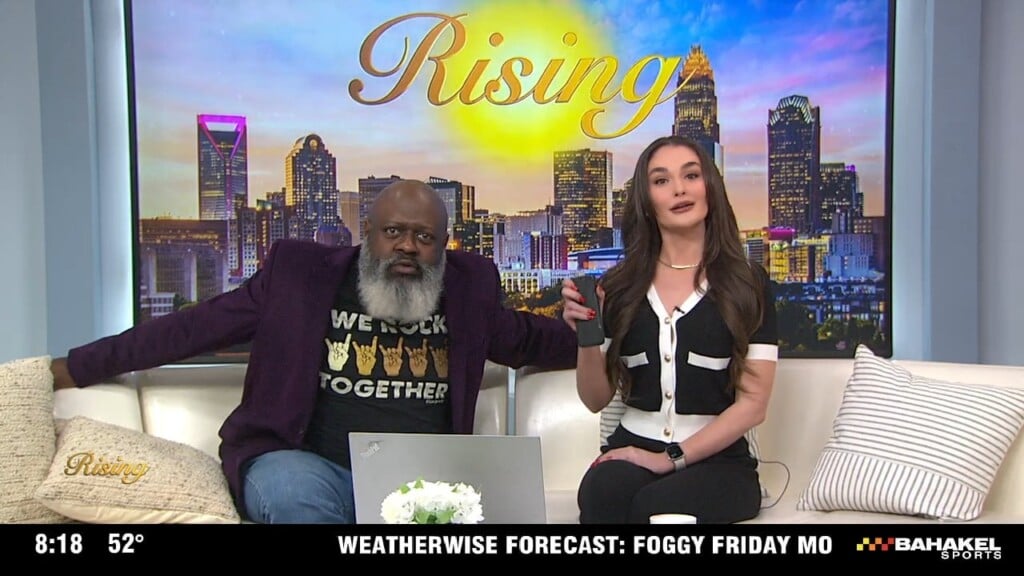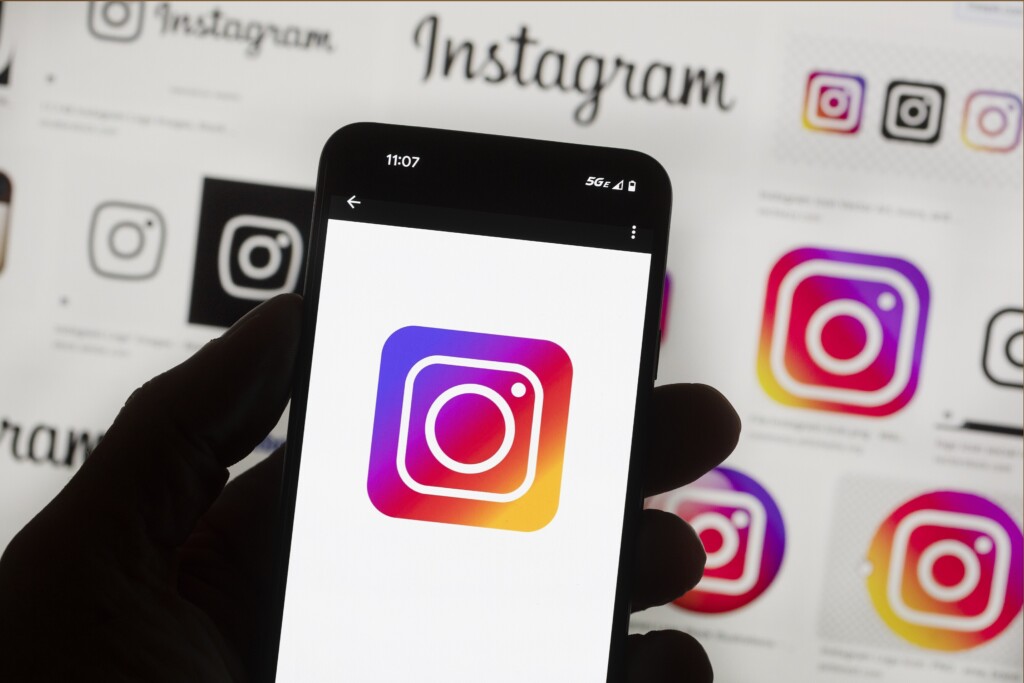What The Tech: VPN Privacy 101
CHARLOTTE, N.C. – Privacy has never been as important nor as difficult as it is today. Since most of our activity takes place online, information about who we are, where we live, and what we are interested in is readily available to advertisers and cybercriminals.
One of the questions I get most often is about VPNs or Virtual Private Networks. Who needs one? Which one to get? What are the drawbacks?
Imagine this scenario: you’re walking down the street, and a stranger approaches you asking for your home address. Would you give it to them? Most likely not. Yet, when we navigate the digital world, many of us unknowingly expose information just as personal as our home address—our IP address.
Your IP address is a unique string of numbers assigned to your internet connection. It’s akin to a digital home address, and it’s visible to anyone online who knows how to look for it. Curious about what yours looks like? Open your web browser and search for “what is my IP address,” and you’ll see it displayed—a beacon broadcasting your location to the digital world.
Any website you visit has access to that IP address.
Enter the Virtual Private Network (VPN). A VPN serves as a cloak for your online presence, masking your IP address and, by extension, your location.
With a VPN, you could be sitting comfortably in your home office, but to the outside world, you’re browsing from San Francisco, Dallas, the UK, or any other location you choose.
So, is a VPN necessary? In today’s interconnected world, it’s certainly beneficial, though not imperative for everyone. One of the perks of using a VPN is the freedom to access content like movies and sports events that are region-locked.
For instance, if your local broadcaster has blacked out your favorite baseball team’s games, a VPN can transport you virtually to a city where the game is available for viewing.
As for downsides, a VPN can slow down your internet connection since it must run through other servers. If you log onto a VPN server outside of your country and forget, you may not be able to access frequently visited websites since they may be blocked in those countries.
The question then arises:
Which VPN should you choose? Caution is advised against free VPN services; they often monetize by sharing your browsing activity. Instead, consider reputable options like Nord VPN or Express VPN, which come with an annual fee of around $100 and offer the convenience of being used across all your devices.
While a VPN might not be critical for everyone, it’s a wise choice for those who frequently use public WiFi or travel extensively. It’s an investment in your digital safety.
So, whether you’re looking to secure your online activities or just want to enjoy a broader range of content, a VPN could be your ticket to a safer and more open internet experience. And who knows, maybe your next virtual destination will be Wooloomooloo, Australia.




